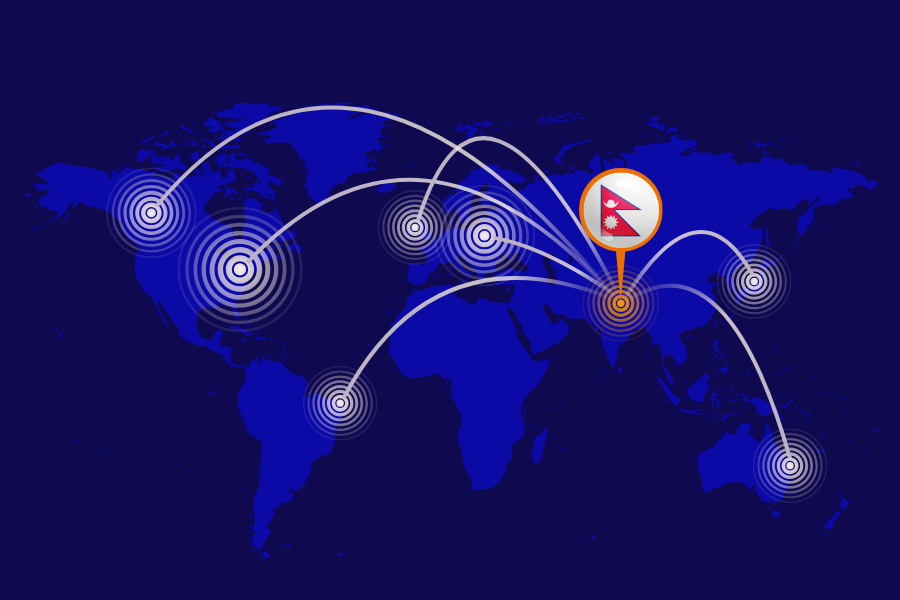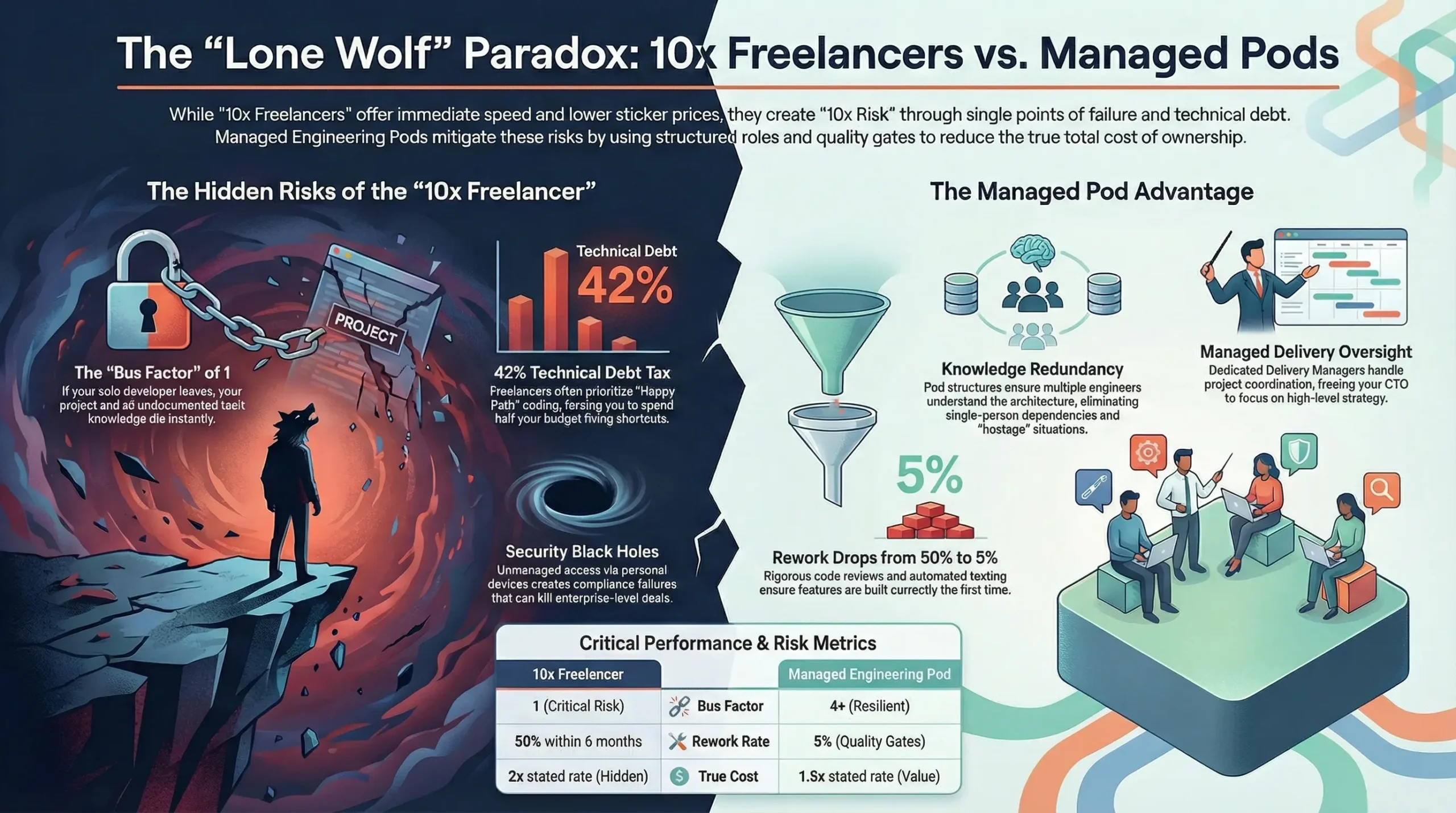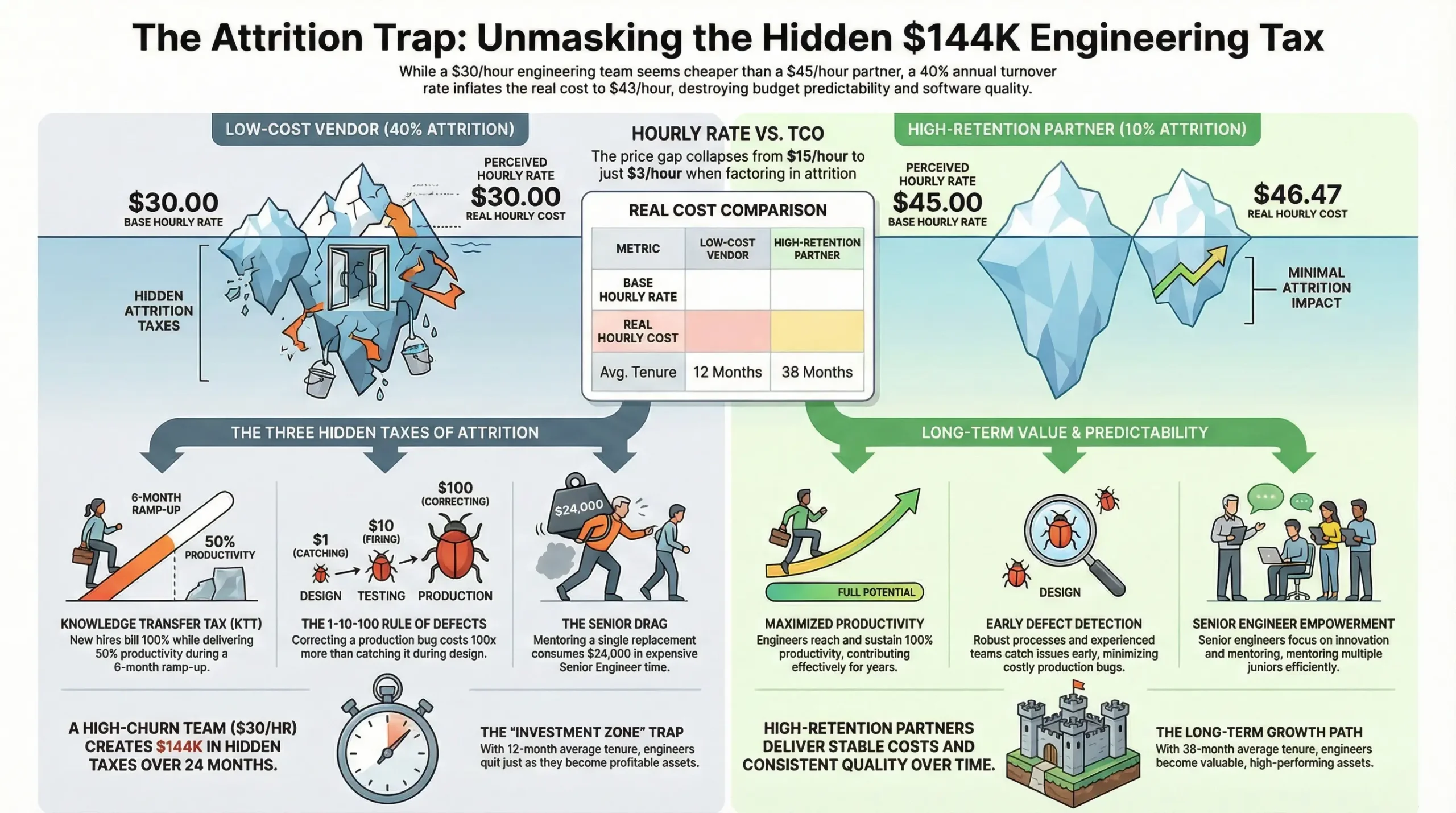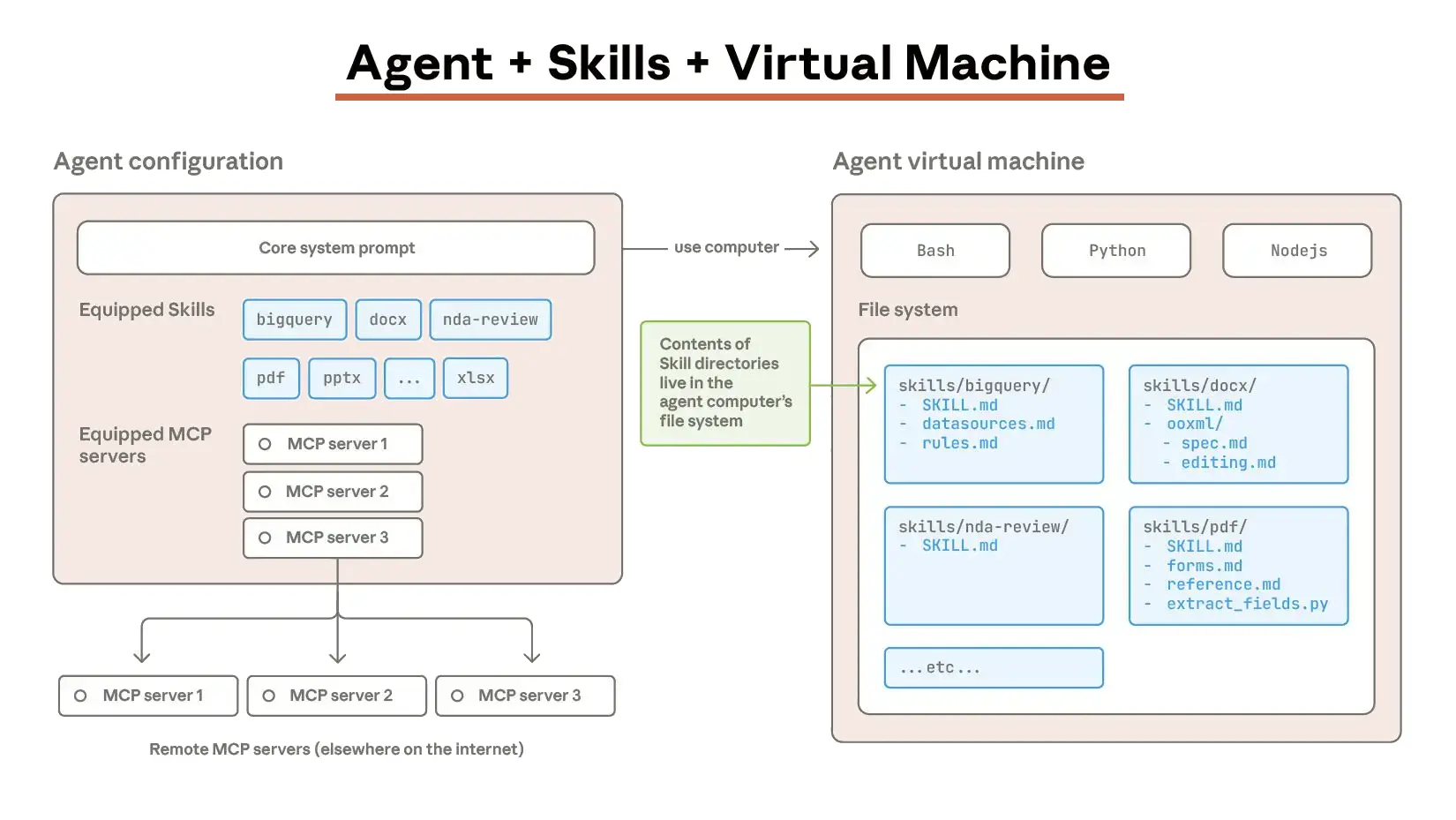Nepal is quickly emerging as a strategic hub for Global Capability Centers (GCCs). These dedicated offshore hubs handle core business functions such as engineering, analytics, and digital transformation, powered by over 15,000 annual IT graduates, 75% lower labor costs than the U.S., and a strategic GMT+5:45 time zone. At TechKraft, we’ve demonstrated this potential by scaling an 85+ member data team for U.S. healthcare leader Abacus Insights, delivering HIPAA-compliant engineering and 99.98% uptime. Nepal’s government-backed SEZs offer full tax exemptions for 5 years, while companies like ours provide ISO 27001-certified facilities and scalable talent pipelines.
A Quiet Revolution, Backed by Bold Vision
Nepal’s government has declared 2024-2034 as the “Decade of Information Technology,” a designation announced by the Ministry of Communication and Information Technology to prioritize digital growth and tech sector development (MoCIT, 2023). This initiative aims to create 1.5 million jobs and export NPR 3 trillion worth of IT services. With exports already surpassing $500M in 2022 and growing rapidly, the groundwork is being laid for GCCs to thrive. As India’s 1,800+ GCCs contribute over $60B to its economy, Nepal is taking steps to build a similarly resilient, cost-effective, and innovation-driven tech ecosystem.

Rethinking the Role of GCCs
Global Capability Centers are no longer just about offshoring to reduce costs. The modern GCC is a fully integrated extension of its parent company-driving R&D, data science, digital transformation, and operational excellence. By consolidating business-critical functions into dedicated centers, companies gain tighter quality control, faster innovation cycles, and direct alignment with corporate objectives.
These centers also allow companies to tap into specialized talent pools, which can boost knowledge retention by reducing churn in critical roles and accelerate innovation- studies show GCCs can improve time-to-market by up to 30% compared to decentralized teams, promote knowledge retention, and scale faster in new markets- all while optimizing costs and maintaining top-tier performance standards. GCCs are now a strategic imperative for global competitiveness.
Why Nepal Makes Strategic Sense
Nepal brings a unique combination of factors that position it as a GCC frontier, including not just talent and cost advantages, but also increasing political stability and improving ease of doing business indicators that are crucial considerations for CXOs evaluating new markets:
- Talent Supply: Over 15,000 IT graduates annually and a growing pool of mid- to senior-level engineers.
- Cost Advantage: Labor costs are up to 75% lower than in the U.S., with high quality standards.
- Timezone Coverage: GMT+5:45 enables real-time collaboration with both Asia-Pacific and U.S. teams.
- Government Incentives: Full tax exemptions for 5 years in SEZs, lease rebates, and reinvestment tax relief.
- Mature Export Capability: 60% of Nepal’s IT services are exported to the U.S., indicating alignment with global expectations.
Proven Capability: From Concept to Scale
TechKraft is one example of how Nepal’s potential is translating into real-world impact. Since 2020, we’ve partnered with Abacus Insights to build an 85+ member engineering team covering data, infrastructure, and cloud operations-maintaining HIPAA and ISO 27001 compliance, and ensuring near-perfect service reliability.
Similarly, CloudFactory, founded in Kathmandu, has evolved into a global AI data platform serving 700+ clients worldwide, exemplifying Nepal’s ability to operate at the cutting edge of innovation.

Learning from India-And Going Beyond Cost
India’s GCC story shows what’s possible: 1,800+ centers, $64.6B in value, and deep expertise in AI, analytics, and R&D. Much of this growth was driven by:
- Tax incentives through SEZs
- DTAA treaties easing cross-border taxation
- Skilled workforce pipelines built through academia-industry partnerships
Nepal is following suit. Its SEZ framework offers favorable tax holidays and lease terms, and leading academic institutions are already integrating advanced curricula in collaboration with companies like Microsoft and Amazon. Some universities now offer AI and data courses ahead of even UK counterparts.
Infrastructure on the Rise
Nepal’s tech parks and urban hubs are scaling up. The upcoming IT Park in the Kathmandu Valley spans nearly 5 hectares, aiming to provide modern infrastructure for tech operations. Data centers, broadband connectivity, and co-working spaces are steadily improving-further reducing the friction for companies entering the market.
What’s Next? Sector-Specific GCC Opportunities
Nepal is gaining a reputation for excellence in:
- Data Engineering and Analytics
- Cloud-native Development
- AI-augmented Services
- Product Engineering
This specialization, combined with low attrition rates and strong English fluency, positions Nepal not just as a lower-cost alternative-but as a focused, scalable, and strategic tech destination.
Looking Forward
The global GCC market continues to grow, with increasing demand in healthcare, fintech, retail, and logistics. Nepal is well-positioned to capture these opportunities-if stakeholders align around infrastructure, policy clarity, and international visibility.
With TechKraft and peers already proving the model, and with policy momentum in full swing, Nepal is no longer just an emerging market. It’s a strategic destination for future-ready



